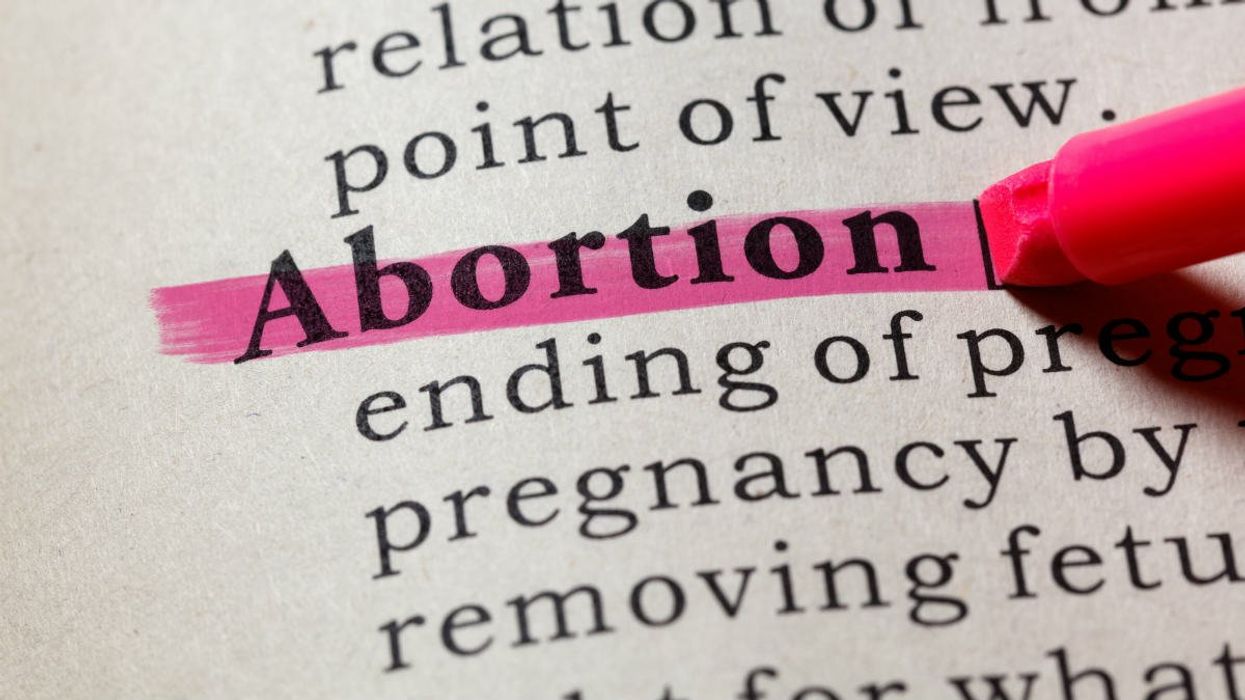
Devonyu/Getty Images

Media outlets have a long and outstanding history of misleading their readers. No one who has followed the news with an objective eye will be surprised to learn that the media lies about conservatives and their causes. However, the lies surrounding abortion have been of an entirely different kind, especially since the Supreme Court overturned Roe v. Wade last year. At this point, they make up a master class in media misdirection.
The latest example comes from coverage of the most recent abortion decision from South Carolina’s supreme court. The justices upheld the state’s new ban on abortions once a fetal heartbeat is detected. Interestingly, just last year, the same court struck down a six-week abortion ban in a 3-2 vote.
The media has placed blame for the apparent change of heart on the replacement of Justice Kaye Hearn, one of the three justices who supported the earlier decision. The media has highlighted that Justice Hearn’s subsequent retirement led to an all-male panel of justices, implying that the sex of the justices was the deciding factor in the court's apparent change of heart. But that is absolutely not the truth.
First, Justice Hearn’s retirement did not even affect the outcome of the case. Yes, the justice who replaced Hearn voted to uphold the new abortion law, but the recent vote was 4-1, meaning two votes switched, not just Hearn’s. Justice John Cannon Few, one of the previous majority's justices, voted to uphold this new law after he had voted to strike down the 2021 act. Without Justice Hearn’s retirement, this change alone would have upheld the new law.
Second, the court did not uphold the same law but a new one crafted by the state legislature in response to the court's previous decision. The original law stated that women have a right to make an “informed choice” regarding continuing pregnancy. Justice Few, the deciding vote in the original case, said that the law violated its own rule because it did not adequately show that women had the information and ability to make an “informed choice" at the six-week point in a pregnancy.
Justice Few argued that the new law tackled this problem by removing the reference to women's "informed choice" entirely, and thus it did not commit itself to that standard. Moreover, the new law declared that women could know they were pregnant before a fetal heartbeat was detected and, therefore, could terminate the pregnancies. Finally, he noted that the law now provided services like contraception to support this choice. These changes were pivotal in altering Justice Few's stance.
Finally, last year's original majority decision rested on weak and fragmented reasoning, making it ripe for quick re-evaluation. That decision asserted that the old law violated the provision in South Carolina’s constitution protecting persons against “unreasonable invasions of privacy.” However, only two justices believed this provision established a “fundamental constitutional right to abortion.” Three judges — a majority that included Justice Few — explicitly stated that no such fundamental constitutional right existed. Justice Few only joined the majority because of his particular objections, which were addressed by the new law.
Most of the justices agreed — even in the old decision — that South Carolina has a compelling interest in protecting the life of unborn children. This compelling interest made a big difference in what the judges considered to be reasonable invasions of privacy when pregnancy is involved. Justice Few’s new concurring opinion, for instance, noted that a woman’s constitutional privacy interests are subject to particular scrutiny in the case of abortion “because abortion ends the life of an unborn child.”
In other words, questions of medical care that only involve the mother’s body should not be treated with the same level of privacy concern as those involving another human being. By focusing on the sex of the justices making this decision, the media coverage avoided the essential question the judges did confront: When can the state consider life to begin and what obligations do we owe to protect that life? In so doing, the media deliberately plays into the larger pro-choice manipulation of language that speaks of abortion merely as “women’s health care” or other phrases that avoid the issue of life for the unborn.
Adam Carrington